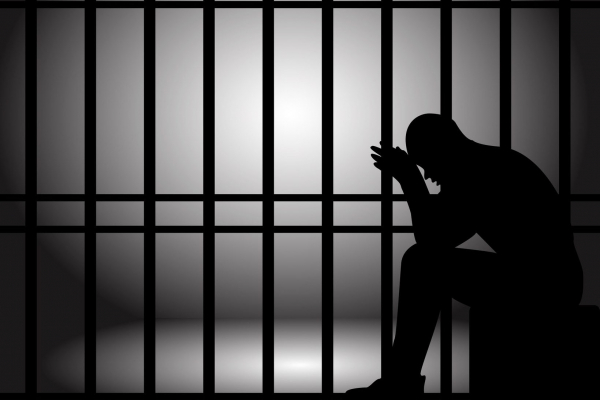
by RICHARD MUPONDE
A LOCAL think-tank has described imprisonment in Zimbabwe during the COVID-19 era as “a death sentence” due to the overcrowded and unsanitary conditions at the country’s correctional facilities.
In a report produced yesterday, which was funded by the European Union, the Research and Advocacy Unit (Rau) decried what it said was systemic neglect of prisoners in several countries, including Zimbabwe, which puts inmates at the risk of being infected by the respiratory virus.
“Worldwide people deprived of their liberty are held in often overcrowded and unsanitary conditions, without access to adequate healthcare and are unable to practise self and mutual protection measures. The risk is that for many, imprisonment during the COVID-19 pandemic may become effectively a death sentence,” the report said.
“The systemic neglect of prisons in many countries, including Zimbabwe, has resulted in inadequate resources, poor management, oversight and accountability mechanisms, ill-equipped personnel, and limited linkages to public health systems.”
Rau also said correctional officers and healthcare professionals were at risk of contracting COVID-19 due to interaction with inmates on a daily basis.
“This dismaying reality is a humanitarian crisis and a long-term challenge for the future of prison systems. In a number of countries, they (prison officers) are poorly trained, badly paid and are given little respect by their governments, other public officials, and the rest of society.
“The risk of COVID-19 spreading is particularly high in prisons because people are housed close to each other and ‘social distancing’ is next to impossible.”
- Chamisa under fire over US$120K donation
- Mavhunga puts DeMbare into Chibuku quarterfinals
- Pension funds bet on Cabora Bassa oilfields
- Councils defy govt fire tender directive
Keep Reading
Last week, the Zimbabwe Human Rights Lawyers filed an urgent application at the High Court challenging the exposure to COVID-19 of those detained in prisons.
The application follows a letter of demand addressed to Justice minister Ziyambi Ziyambi and other relevant government departments highlighting several concerns over prisoners’ exposure to COVID-19 and the high risk of infection at Harare Remand Prison.
In the application, Allan Moyo, a University of Zimbabwe student, who has been in detention for more than 40 days having been arrested on allegations of inciting the public to revolt against the government highlighted the deplorable conditions in prison which are increasing the risk of COVID-19 infection.
Several detained individuals including journalist Hopewell Chin’ono and recently-released Fadzayi Mahere, who tested positive to COVID-19 on release, have spoken against the poor conditions in prisons where there is overcrowding, lack of running water, sanitisers and personal protective equipment.
Harare mayor Jacob Mafume, who was also in prison and was recently released on bail, is in self-isolation after two his co-inmates reportedly succumbed to COVID-19.
Follow Richard on Twitter @muponderichard












